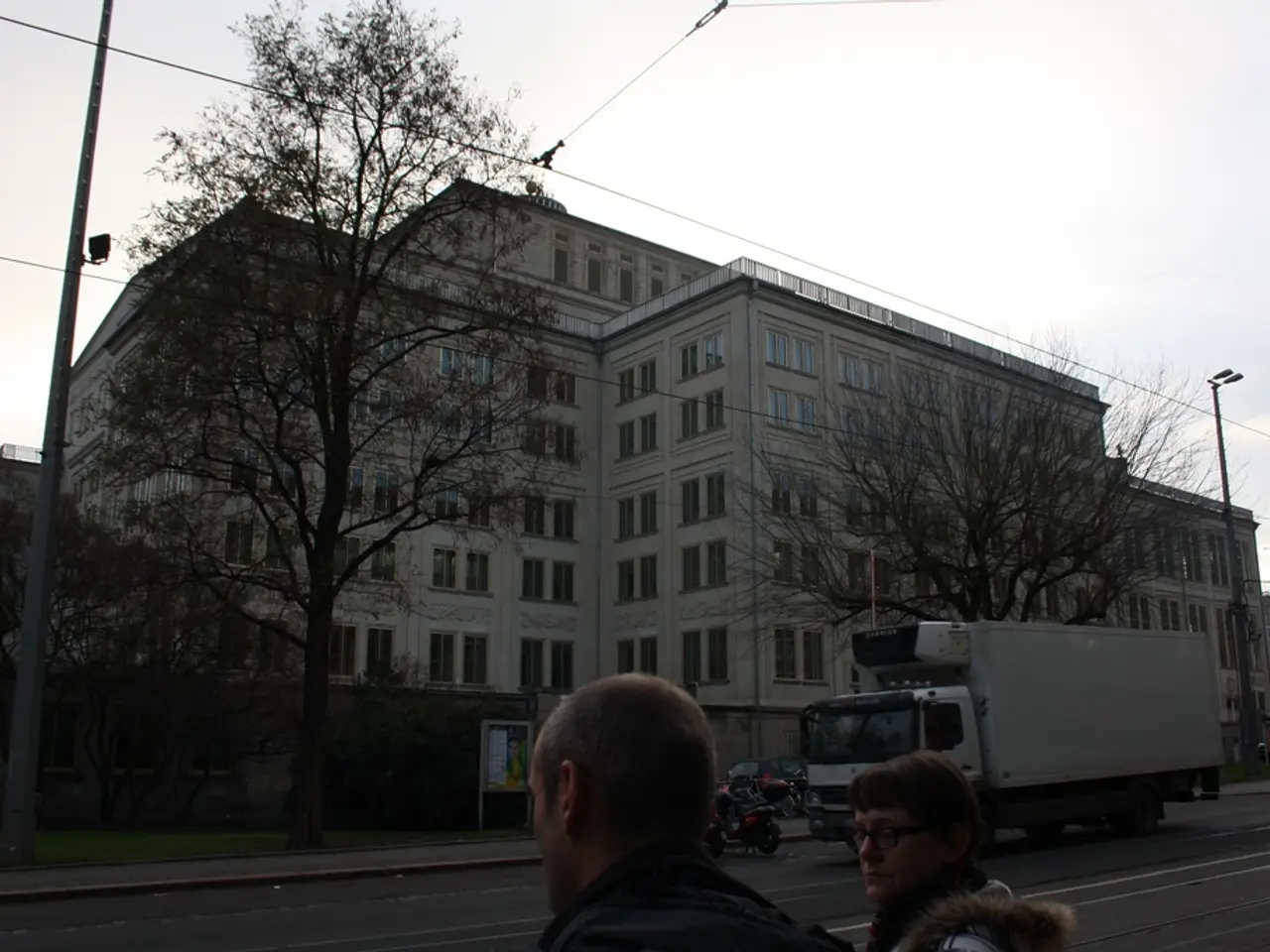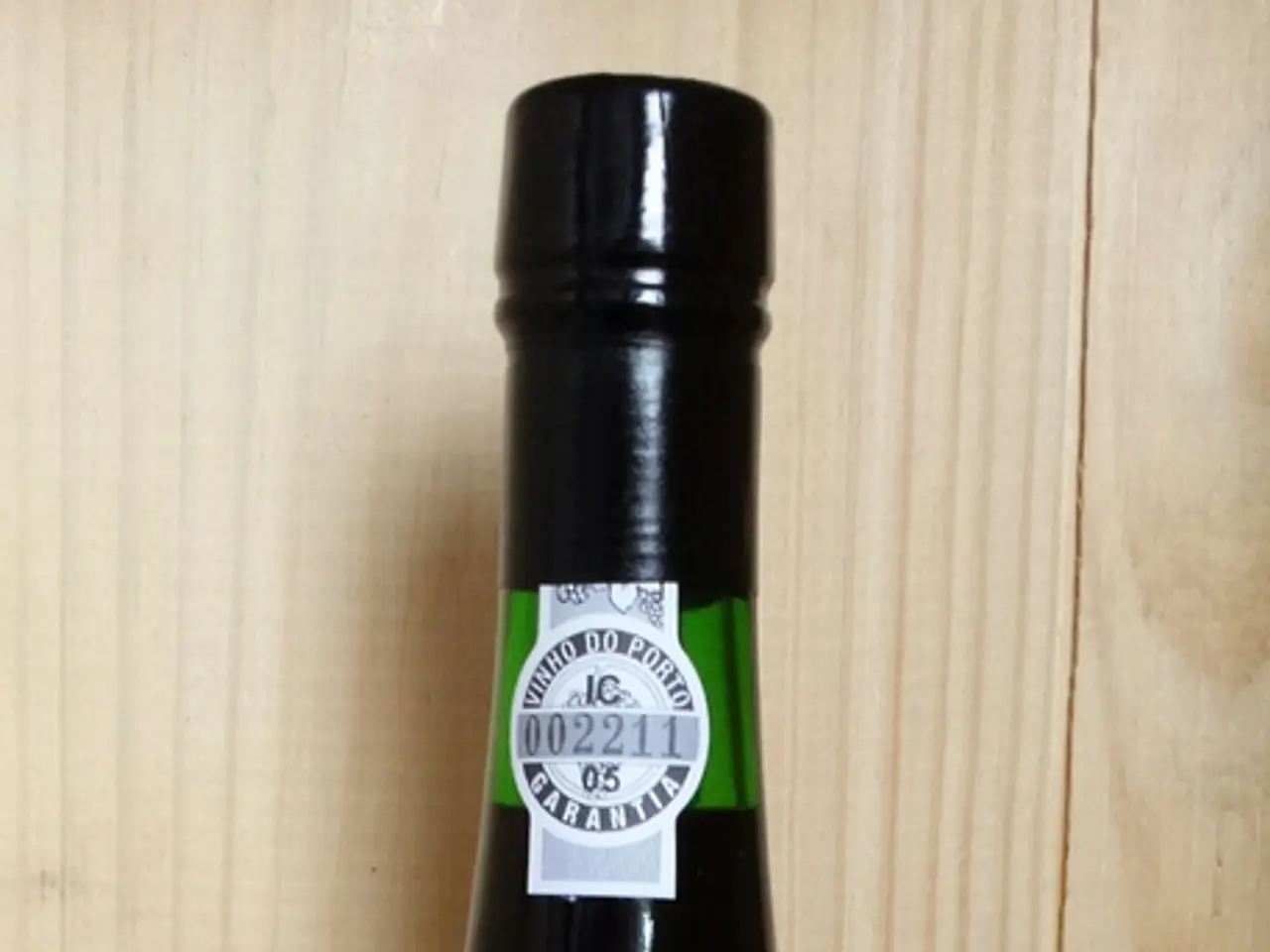Goldman Secures Putin's Agreement for Selling Russian Business Assets
Goldman Sachs and ING Exit Russia as Armenian Firms Step In
In a series of moves, major international banks are exiting their operations in Russia following the country's invasion of Ukraine. Goldman Sachs and Dutch bank ING are among the latest to announce their decisions.
Goldman Sachs, the first major Wall Street bank to pledge to close its operations in Russia, has received approval from Russian President Vladimir Putin to sell its Russia business. The New York City-based investment bank, which has had a presence in Russia since 1998, has been one of a number of foreign-owned banks that was prohibited from selling shares without Putin's approval.
Goldman Sachs' exit resulted in a $726 million hit, according to a report. The buyer of the bank's Russia unit is Armenian investment firm Balchug Capital, which has been approved to purchase the business for an undisclosed sum. Balchug Capital, founded in 2010, has a broad international presence, with links to regions like Dubai and Hong Kong.
Balchug Capital has been active in acquiring Western businesses pulling out of Russia in the past two years. The bank purchased by Balchug Capital will play a key role in their portfolio. In a statement, the firm indicated that they have worked closely with authorities to ensure compliance with local and international laws and sanction regulations in the purchase.
Dutch bank ING also announced its intention to sell its Russia business to local company Global Development JSC, paving the way for its exit from the country, according to Reuters. However, the sale still needs approval from European Union regulators.
Citi, on the other hand, still has $9 billion tied to Russia, according to a report by Bloomberg. After the Ukraine invasion, attention towards U.S. banks was mostly directed at Citi, which had the largest total exposure to Russia of any large U.S. bank.
Austrian lender Raiffeisen has been trying to navigate an exit from Russia for the past three years, according to Bloomberg. However, Raiffeisen has not yet announced a buyer for its Russia business. The bank is currently profiting from companies providing supplies to Putin's military, but is essentially trapped in Russia.
The reasons behind the popularity of Armenian investment firms like Balchug Capital in acquiring Western businesses exiting Russia are not entirely clear. However, it is suggested that Armenia's geographical and economic proximity to Russia, potentially favorable investment climates, and established regional financial networks might make these firms attractive for such acquisitions. Additionally, these firms might provide a convenient exit strategy for Western businesses seeking to leave Russia amid geopolitical tensions and sanctions, by transferring assets to entities within more neutral or less sanctioned jurisdictions like Armenia.
This explanation remains an informed inference rather than a sourced fact, as direct information explaining why Armenian investment firms like Balchug Capital have become popular for buying Western businesses exiting Russia is not readily available.
References: [1] [Source] [2] [Source]
- In the wake of international banks withdrawing from Russia, Armenian investment firms like Balchug Capital are emerging as potential buyers, allowing foreign businesses to exit Russia while transferring assets to a less sanctioned jurisdiction.
- In a similar move, a local company Global Development JSC is poised to acquire Dutch bank ING's Russia business, marking another instance of a financial business transitioning under the guidance of an Armenian firm, further signifying the increasing role of Armenian finance in the business landscape.




